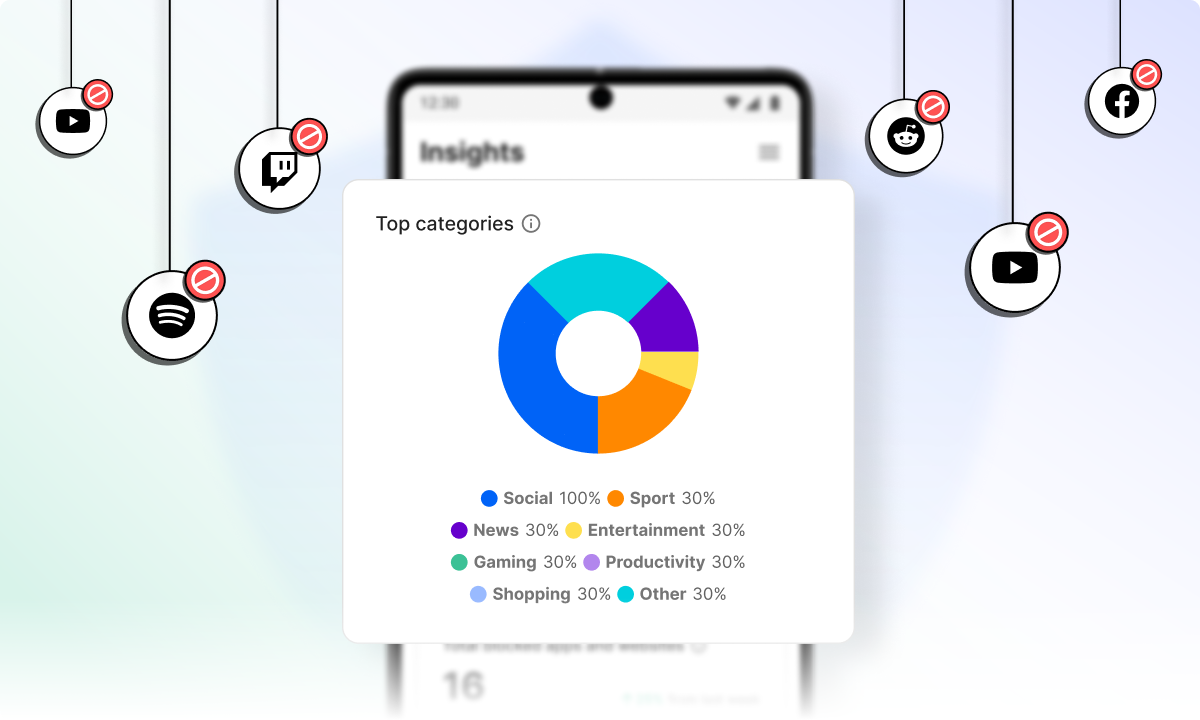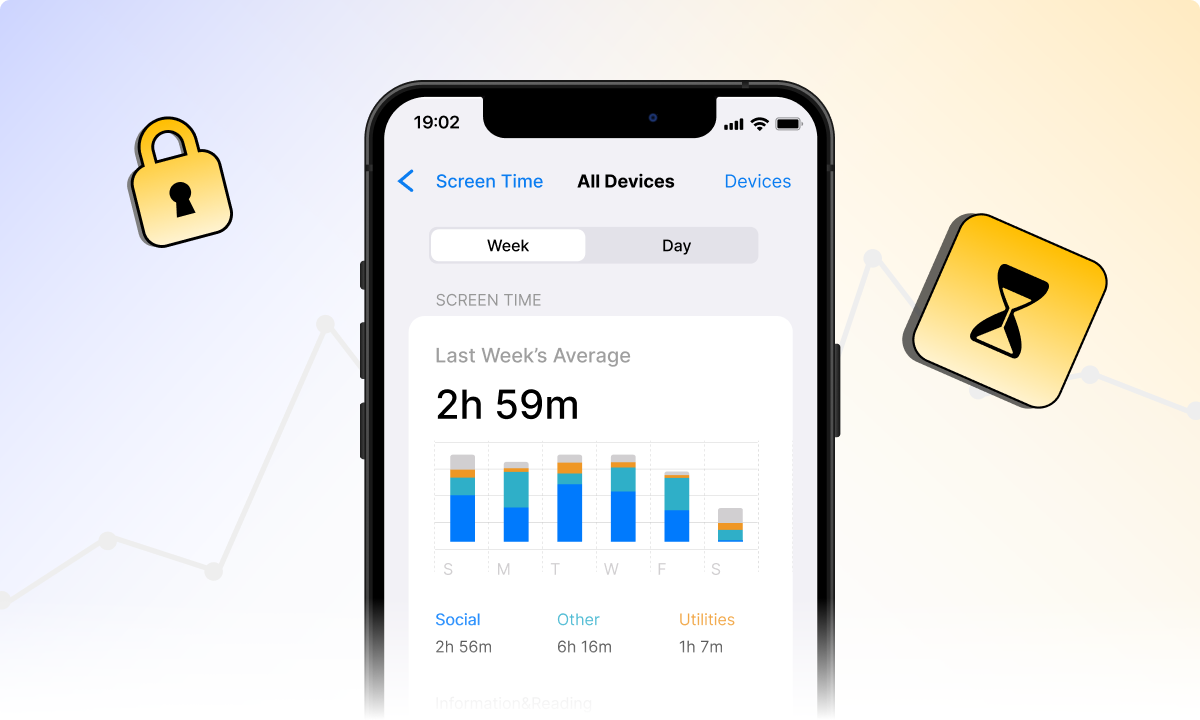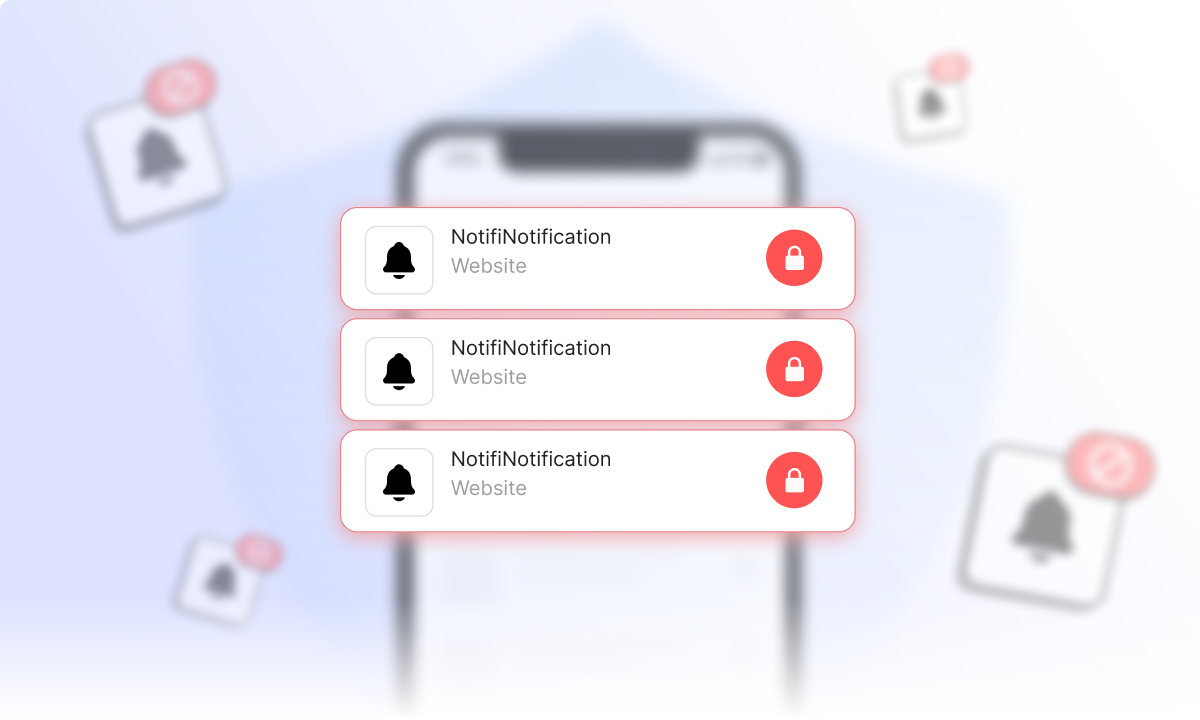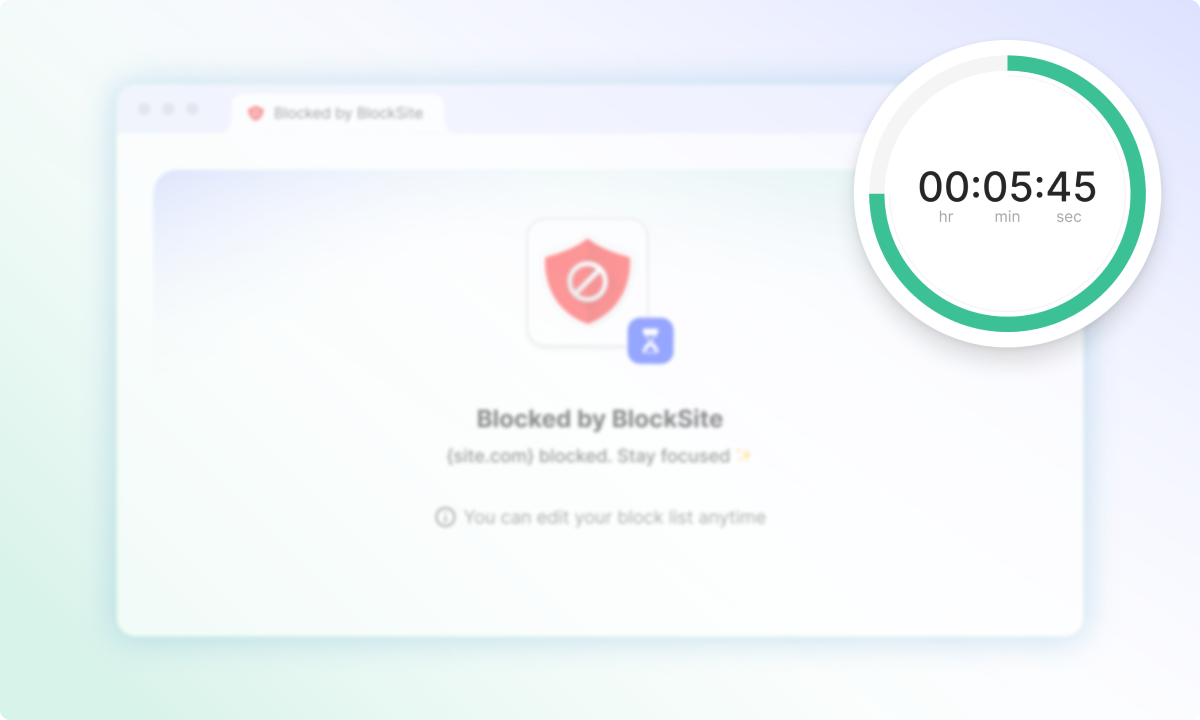Screens are everywhere. They run our workdays, fill our evenings, and sneak into just about every quiet moment in between. Emails, social feeds, streaming shows, work calls…it adds up fast. And while all that connectivity makes life easier, it also chips away at the stuff that doesn’t glow.
And there’s a cost.
Research shows that too much screen time is a health issue. Physically, you’re looking at eye strain, neck tension, shoulder knots, and that creeping back pain that won’t quit. Mentally, the effects can be deeper: increased anxiety, low mood, and increased risk of depression.
That’s why taking a week off from screens can feel like a reset button for your brain and body.
We’re not talking about tossing your phone in a drawer forever. This is about pausing. Reclaiming time that’s usually lost to swipes, taps, and scrolls. For families, that could mean shared board games instead of silent Netflix binges. For individuals, it might be a walk without earbuds or reading something that isn’t on a screen.
Even schools and workplaces have caught on. A screen-free week doesn’t just give your eyes a break. This gives you space to think, move, and connect like a human again. Strip away the “digital” noise, and you start to notice what’s been there all along: real moments, real rest, and real connection.
What is screen free week?
Think of Screen Free Week as a reset button.
For one week each May, people across the globe (families, schools, even whole communities) take a collective breather from entertainment screens. That means no Netflix marathons, no endless scrolling, and definitely no YouTube rabbit holes.
Originally launched as “TV Turnoff Week,” this initiative was designed to get kids back into the kind of play that sparks creativity, not passivity. Fast-forward to today, and it’s become a flexible, modern-day pause for everyone, not just children.
And no, you don’t have to go cold turkey. Some go all in for seven days; others just unplug in the evenings. Whether you’re reading, hiking, baking, or reconnecting over a game night, the point is the same: swap screen time for real time.
Those quiet, off-screen moments? They tend to stick. They build connection, creativity, and a sense of balance we often don’t notice we’ve lost until we power down.
Why is it important to your lifestyle?
Here’s why pulling back from screens (even just for a week) can have a lasting effect on your daily life and the people around you.
1. Kids develop better… without the digital crutch
Screens can’t replace what building blocks, coloring pens, and muddy knees do for growing minds. When kids participate in real-world play (stacking blocks, chasing bugs, or drawing space cats), they’re developing motor skills, emotional smarts, and better social understanding. That foundation? It sticks.
2. Families reconnect (yes, really)
No devices at the dinner table means more eye contact, inside jokes, and those oddball tangents that somehow lead to shared laughter. Screen-free moments reset the tone. Parents model better habits. Kids follow. And suddenly, you’re interacting and not just coexisting.
3. Your mind and body will thank you
It’s one of those noticeable screen free week benefits. We’re talking about better sleep, less stress, more focus. One study linked frequent social media checks to lower mental health and disrupted sleep in teens. Adults aren’t immune either. Screen-free time builds headspace, encourages calm, and shifts you from reactive mode to real presence.
4. You notice the influence (and the overload)
Without constant pings and pop-ups, you start seeing how much online content shapes what you think, want, or click. Going screen-free turns the volume down. You spot what adds value and what just eats time. That’s a skill you’ll carry with you long after the week ends.
5. It’s the reset you didn’t know you needed
A screen-free week is hitting pause on the default. That’s more than just unplugging. Families rethink how they spend time. Many keep the momentum going with new traditions like tech-free dinners or Saturday hikes. It’s not about ditching screens forever. It’s about rebalancing the equation.
How to start a screen free week?
So, you’re ready to take on a screen-free week but not sure where to start?
Here’s a quick roadmap to help you prepare, adjust, and make it stick, without it turning into a full-on household revolt.
1. Plan ahead with the whole crew
Don’t go in blind. Sit down with your family, roommates, or anyone sharing your space. Build out a weekly calendar: hiking on Sunday, game night on Tuesday, crafts on Thursday. Knowing what’s coming makes the change easier, and turns the week into something to look forward to.
2. Switch up the usual routine
Screens are part of muscle memory: Netflix after dinner, scrolling in bed, etc. Replace those cues with new triggers. Instead of “movie night,” try baking something absurdly complicated. Instead of doomscrolling, grab that half-read novel. Small swaps, big difference.
3. Get everyone outside
You don’t need a forest retreat. A walk to the store, some backyard basketball, or even setting the table al fresco can pull people out of digital autopilot. Outdoor time helps regulate mood, improves focus, and keeps idle hands off devices.
4. Lead by example
Kids copy what they see. If you say “no screens” while checking emails at dinner, the message doesn’t land. Power down with them. Leave your phone in another room. When adults unplug, kids notice and follow.
5. Tap into local events
Libraries, schools, and community centers often run screen-free week events. Think storytime, open mic nights, or drop-in art workshops. Take advantage. It adds variety and reinforces that this isn’t punishment, but rather connection.
6. Don’t aim for perfect
Going screen-free doesn’t mean deleting the internet. Start small: one screen-free evening, one phone-free dinner. Success isn’t zero screens; it’s finding what works and building from there.
A little flexibility makes the habit sustainable. And way more enjoyable.
How can Blocksite help you?
Staying off screens is tough when your phone keeps nudging you to “just check one thing.”
That’s where BlockSite takes the centerstage.
BlockSite is a website blocker extension and blocking apps tool that helps you reclaim your time from these distractions. Whether you’re a student trying to study, a parent hoping for a screen-free dinner, or someone tackling a full screen-free week, BlockSite gives you the structure to stay on track, without relying on willpower alone.
Here’s how:
1. Unlimited block list
Tired of the endless scroll? Add any website or app (from Instagram to YouTube) to your block list. Once it’s on, it’s off. No loopholes.

2. Focus mode
Set time-bound focus sessions to stay off screens during key moments. Perfect for unplugged evenings, reading time, or tech-free meals with family.

3. Scheduled blocks
Plan your screen-free blocks ahead of time. Want to cut off access to entertainment apps after 7 PM on weekdays? Set it once, forget about it. Your devices will do the work for you.

4. Browsing insights
See exactly where your time goes with real-time browsing stats. Use this data to identify time-wasting habits and set smarter digital goals.
5. Sync across devices
Your block settings sync across desktop, phone, and tablet, so there’s no sneaking around when temptation strikes. The rules follow you.
6. Redirect & custom pages
Instead of hitting a dead-end when you visit a blocked site, get redirected to a motivational message or a reminder of your goals. It’s like having your future self intercept your impulses.

7. Password lock & uninstall guard
No cheating. Set a password to prevent editing settings, or uninstalling the app altogether, when discipline dips.

Step away from the screen and reconnect with life
A screen-free week is a great way to reset. A chance to breathe, think clearly, and show up (really show up) for the things that matter. Whether it’s family dinners without distractions, kids exploring the outdoors, or finally getting decent sleep, the effect goes well beyond seven days.
And with BlockSite, keeping those distractions in check becomes easier. This is more than not just unplugging; you’re building new habits that stick.
[Stay focused and unplug. Get BlockSite for your devices!]
FAQs
Can I still use screens for work or school during a screen-free week?
Yes. The goal of screen-free week isn’t to sabotage your job or tank your kid’s report card. It’s about cutting back on unnecessary screen use, like mindless scrolling or binge-watching. If you need a screen for homework, classes, or your job, use it. But try swapping the downtime with something more intentional, like taking a walk or grabbing a book.
Can adults benefit from a screen-free week too?
Definitely. Adults log serious screen hours, particularly in off-hours. Cutting back helps with sleep, stress, and mental clarity. Even a few hours off each evening can give you time back for reading, hobbies, or actual rest. You’ll be surprised what reappears when you step away from the feed.
Is going screen-free part of the day still worth it?
Absolutely. You don’t need to go cold turkey to get results. Even small shifts (like screen-free meals, no-scroll mornings, or quiet time before bed) can change how your day feels. Make it work for your life and be deliberate with your attention.
What activities can replace screen time for kids?
Kids don’t need much to stay entertained, just space to explore and create. Build a fort, go on a bug hunt, draw comic books, or cook something messy together. These activities not only keep screens at bay but also build motor skills, attention spans, and imagination. Bonus: they make memories that screens never will.
How can parents avoid meltdowns when screens go away?
Plan ahead. Let kids know what’s coming. Better yet, let them help decide what to do instead. Create a list of fun, screen-free activities for the week and keep it visible. Parks, puzzles, water balloons, baking… anything that feels like a reward, not a punishment. Distraction and novelty work wonders.






